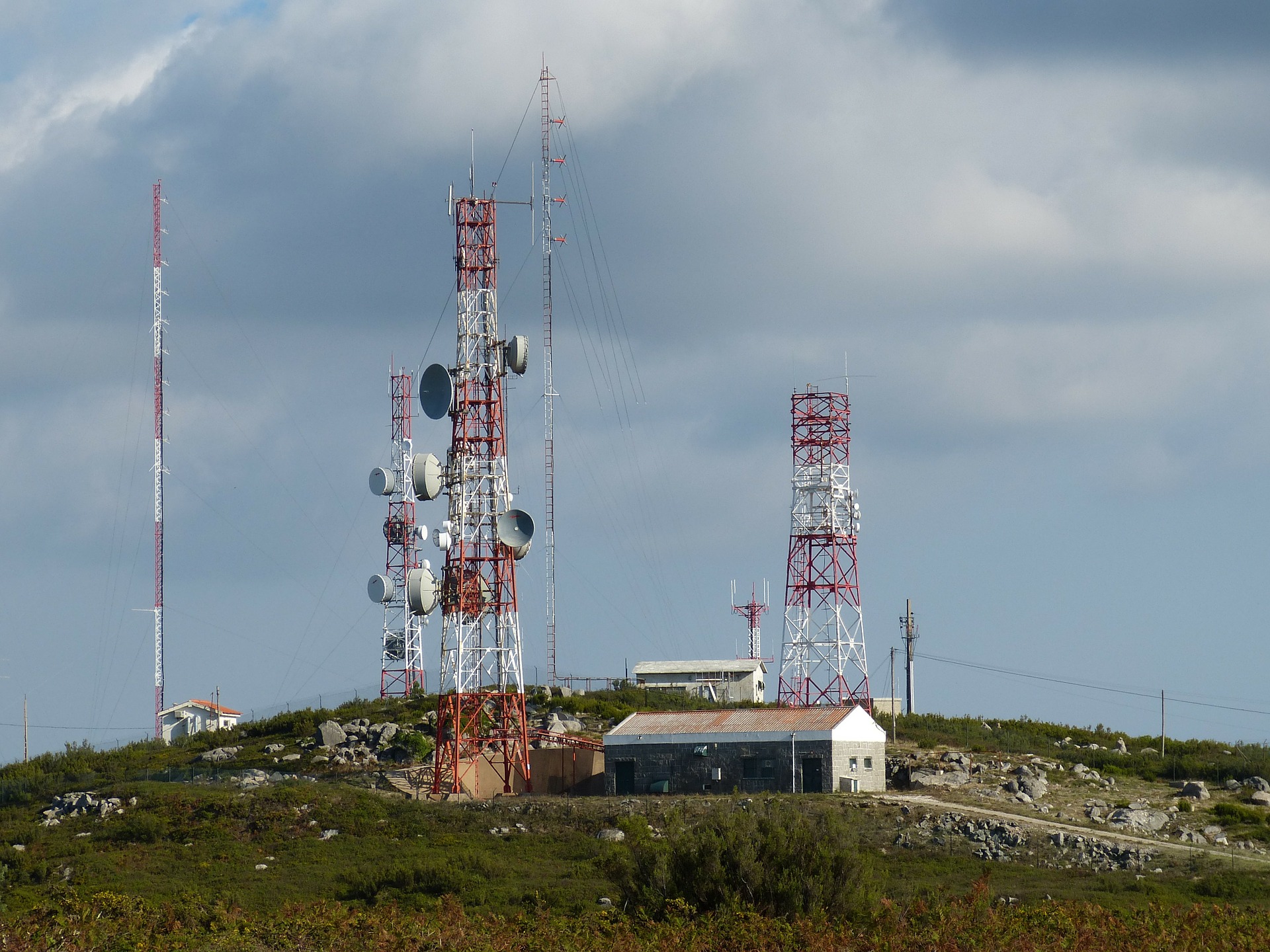New channel 59-69 band-clearing plan
In an effort to encourage television broadcasters to move from channels 59-69 as quickly as possible, the FCC has announced that it will permit such stations, where technically feasible, to operate on their assigned DTV channels in the analog mode until the extended DTV transition date (i.e., beyond 2005). However, existing analog channels 59-69 would be lost and, as a result, the participating broadcaster would lose the opportunity to conduct side-by-side DTV and analog operations as the DTV transition progresses.
The FCC has been attempting to auction the space now occupied by television channels 60-69 (746- to 806MHz) for more than a year but, because of uncertainty as to when the incumbent channel 60-band TV stations will vacate, the Commission continues to delay the auction of these frequencies. The FCC recognizes that the auction will provide wireless telephone and data carriers with a gold mine of spectrum for wireless deployment. A portion of these frequencies will also be dedicated to public safety.
But, without a timetable for band clearing in place, the wireless entities do not know when the targeted spectrum will be available and therefore cannot evaluate its current value. If an auction were held now, these uncertainties would drive down auction bids dramatically. The FCC's plan is to give an incentive for stations on channels 59-69 to move to their ultimate DTV locations by permitting analog operations on these channels until the DTV transition date. Broadcasters who voluntarily vacate channels 59-69 will have four years (until Dec. 31, 2005) to convert to digital television, and may seek additional extensions past December 2005 if there still is less than 70 percent DTV penetration in market households.
The FCC has established a 90-day processing period for applications proposing to clear channels 59-69. These applications will be automatically granted after 90 days if the FCC has not acted on them. This 90-day automatic grant would not apply in cases where an opposition is filed against an application or where an application is defective or requires a rule waiver.
One of the major problems facing some of the current broadcasters using channels 59-69 is that they have not been assigned and cannot find a channel within the core (channels 2-51) to which they can move. The new band-clearing initiative affords them no help. This problem is exacerbated by the current freeze on modifications to move to channels 52-59 pending a rulemaking on the future use of those channels.
FRN use mandatory Dec. 1
Everyone has seen the small box on Form 159 — the box that asks for the payor's or applicant's FCC Registration Number (FRN). Few have filled it in, choosing to provide their required TIN number only. However, beginning on Dec. 1, 2001, the FCC will require the use of an FRN number on all applications, linking such applications to the Commission Registration System (CORES).
The professional video industry's #1 source for news, trends and product and tech information. Sign up below.
The FRN is a 10-digit number assigned to an entity doing business with the FCC, including private, public, profit and not-for-profit organizations. A filer, licensee, certificate holder or any entity sending payments to the FCC is considered to be doing business with the FCC.
Most Universal Licensing System (ULS) registrants were pre-registered in CORES, were given FRNs and their ULS passwords were converted to CORES as of June 22, 2000. With few exceptions, most ULS passwords will work in both the ULS and CORES systems until the two are ultimately integrated.
The FCC will use the FRN number to verify that all entities doing business with the FCC make proper payments and receive their annual fee schedules and other materials. The FRN number will be required with applications, Form 159, regulatory fee payments, waivers, auction payments, forfeitures, and other payments and collections. When an application requires a fee, the FRN is provided on Form 159. When an application is nonfeeable, however, an FRN Certification Form (Form 162) must be filed with the application. Form 162 is available on the FCC's website using the “Forms” link on the home page.
FRN numbers, while not yet required, were recommended for this year's September 2001 Regulatory Fee filings. If you did not have an FRN number, you were not allowed to use the current Form 159. Instead, you were required to use the 1997 version of Form 159.
If you still do not have an FRN number, the easiest way to register with CORES is to go to the FCC website and click on the “Commission Registration System” link on the left-hand side of the home page. Once your information is provided, the system will ask for a password and issue your FRN number on the spot.
Harry C. Martin is an attorney with Fletcher, Heald & Hildreth PLC, Arlington, VA.
Send questions and comments to: harry_martin@intertec.com
Dateline
On or before Dec. 1, TV stations in the following states must file their biennial ownership reports: Alabama, Colorado, Connecticut, Georgia, Maine, Massachusetts, Minnesota, Montana, New Hampshire, North Dakota, Rhode Island, South Dakota and Vermont.
